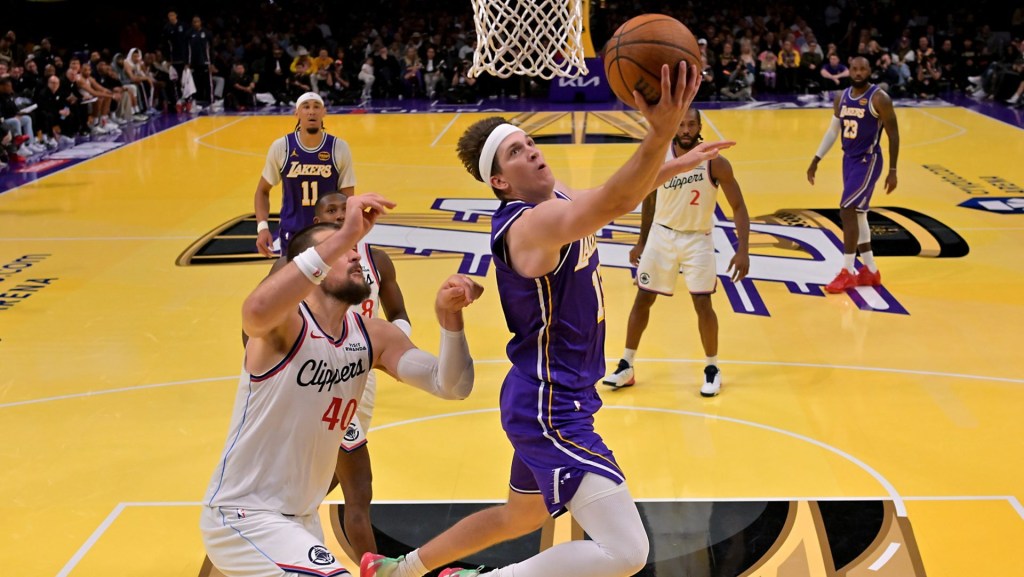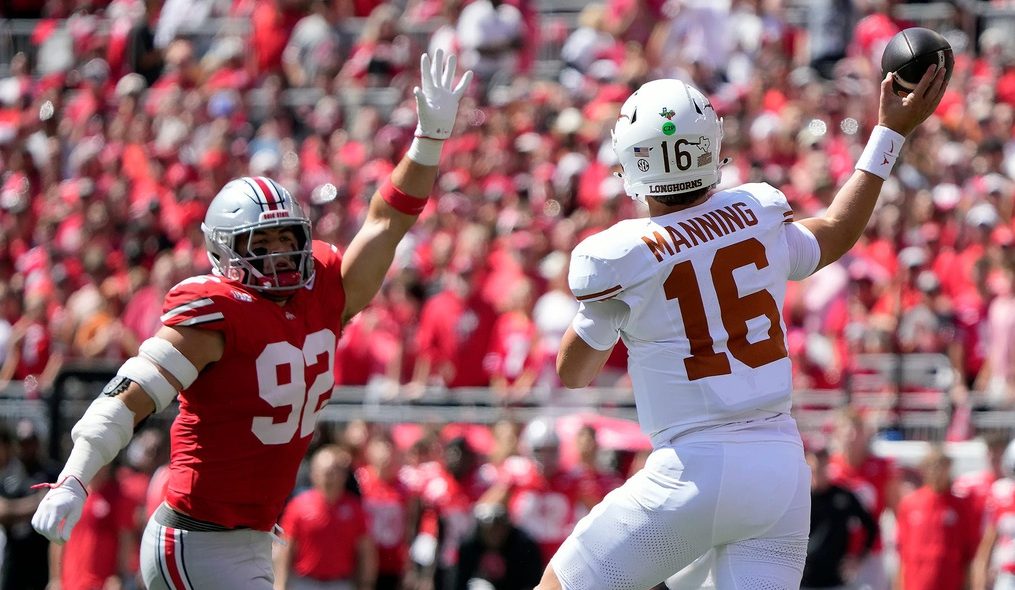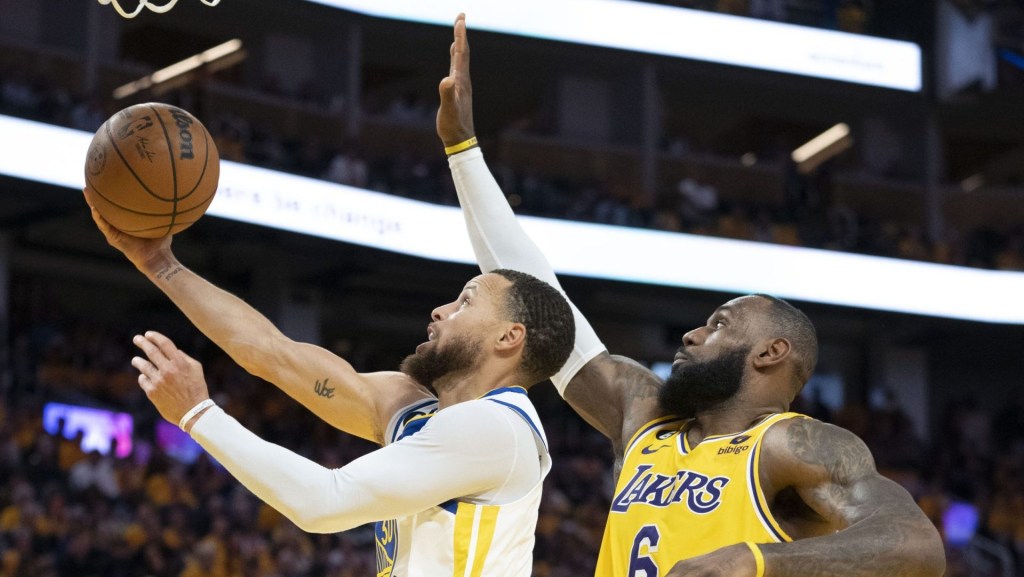By: Nick Zobel, @Nick_Zobel

Front Office Sports is proud to have sat down with David Carter, Principal at Sports Business Group, Executive Director of the USC Sports Business Institute, and Associate Professor at the USC Marshall School of Business. Since founding the Sports Business Group in 1999, Professor Carter has worked in the highest echelon of sports business with clientele including the Anaheim Ducks, the Rose Bowl Operating Company, and the cities of Anaheim and Los Angeles, providing consulting guidance and litigation support. Professor Carter currently sits on the advisory boards of both the Los Angeles Kings and the Los Angeles Sports & Entertainment Commission, is the author of four books, and is a founder and featured contributor for The Fields of Green, a sports business website jointly operated by the Sports Business Institute and USA TODAY.
How do you establish a work-life balance?
“It’s really difficult,” Professor Carter admitted, “because they bleed into one another all the time. The sports industry doesn’t take a day off.” Professor Carter suggested that “partitioning” life and work is up to each individual, but “early in your career you have to be accessible 24/7.” Though Professor Carter is now a highly regarded name in the industry, he still must keep odd hours: “I tend to make myself available from 4 to 4.”
What are some of the biggest challenges of entering the industry?
With more than two decades-worth of experience teaching aspiring sports professionals and starting countless careers, it was easy for Professor Carter to identify the biggest shortcoming of new entrants: “young people don’t have the patience. I think a lot of kids see it’s a big money business, they appreciate it, but they don’t want to pay the dues.” Carter cited the newest generation’s “short attention span” and “need for immediate gratification” as a limiting factor for many of his former students who see “making $40,000 selling baseball tickets [as] beneath them. They don’t recognize how hard those people have worked… they didn’t just wake up and they’re GM of the Red Sox.”
What advice do you wish you had received when starting your career?
One of Professor Carter’s mentors game him three pieces of key advice, points that Professor Carter admits he violated… to his own detriment:
1. Don’t get married before you’re 30.
2. Buy as much real estate as early as possible.
3. Attach a dollar amount to every transaction, even if you’re just buying a candy bar: “pay attention to short term transactions.
What’s the first thing industry executives look for in a new hire?
Professor Carter pointed to culture fit. “By and large, people have the same traditional skills, so it’s how are you going to get along on the team.” That fit extends beyond a basic interest for the industry. Professor Carter suggested that one of the most common mistakes new entrants make is “crowing about love of sports,” or “talking about how big a sports fan they are.”
What skills or experiences are vital for newcomers?
Professor Carter focused on communication, suggesting that “the current generation’s inability to communicate professionally when it’s mandated, to understand the difference between casual conversation and that with your colleagues” is a glaring weakness. He insisted that “you can’t walk around with your head down texting all day,” and that “coherent communication,” especially “perfecting writing skills” is vital. Professor Carter also suggested that newcomers often lack financial skills and need to “understand how and why numbers are derived, read and understand spreadsheets,” and be able to make recommendations backed by strong Excel skills.
What are key trends in the industry?
Professor Carter highlighted three trends. First, teams are developing new understandings on “how to connect in the community authentically” in order to grow their sports’ and brands’ popularity and to effect real chance. Second, there’s more emphasis on penetrating and understanding foreign markets: “In the global business scene, where are the market opportunities?” For example, how does Russia’s declining economy affect the NHL’s access to foreign talent? Professor Carter even suggested that the “true opportunity of sport is global.” Finally, Professor Carter pointed to attempts to “leverage tech appropriately to drive incremental revenue” in the industry, and warned that concerns about privacy issues may grow.
Parting wisdom?
“Spend as much time as you can in college making connections in the industry at whatever level, no matter how low, because right now you’re not a threat.”
“Take your work seriously, but not yourself. Working in entertainment should be fun.”
“Surround yourself with hardworking and ethical people and be sure not to disappoint them.”
We would thank to thank David for taking the time to share his experience and insight with us!

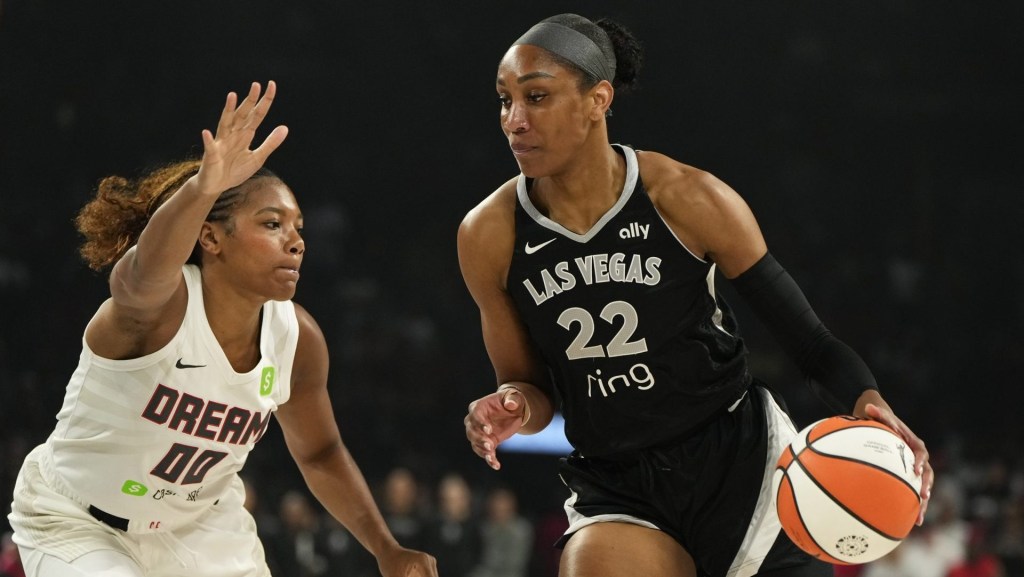
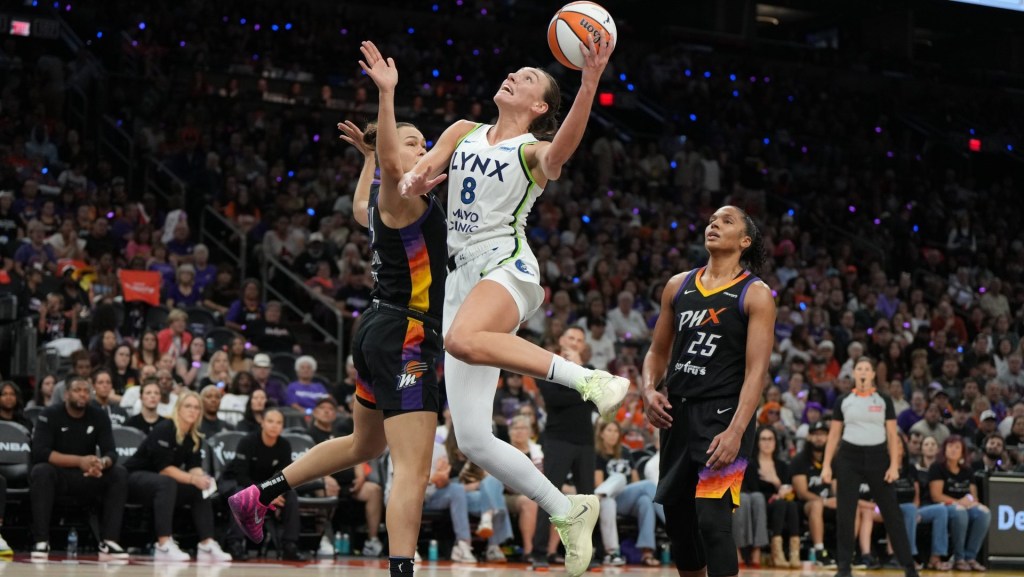
![[Subscription Customers Only] Jul 13, 2025; East Rutherford, New Jersey, USA; Chelsea FC midfielder Cole Palmer (10) celebrates winning the final of the 2025 FIFA Club World Cup at MetLife Stadium](https://frontofficesports.com/wp-content/uploads/2026/02/USATSI_26636703-scaled-e1770932227605.jpg?quality=100&w=1024)







